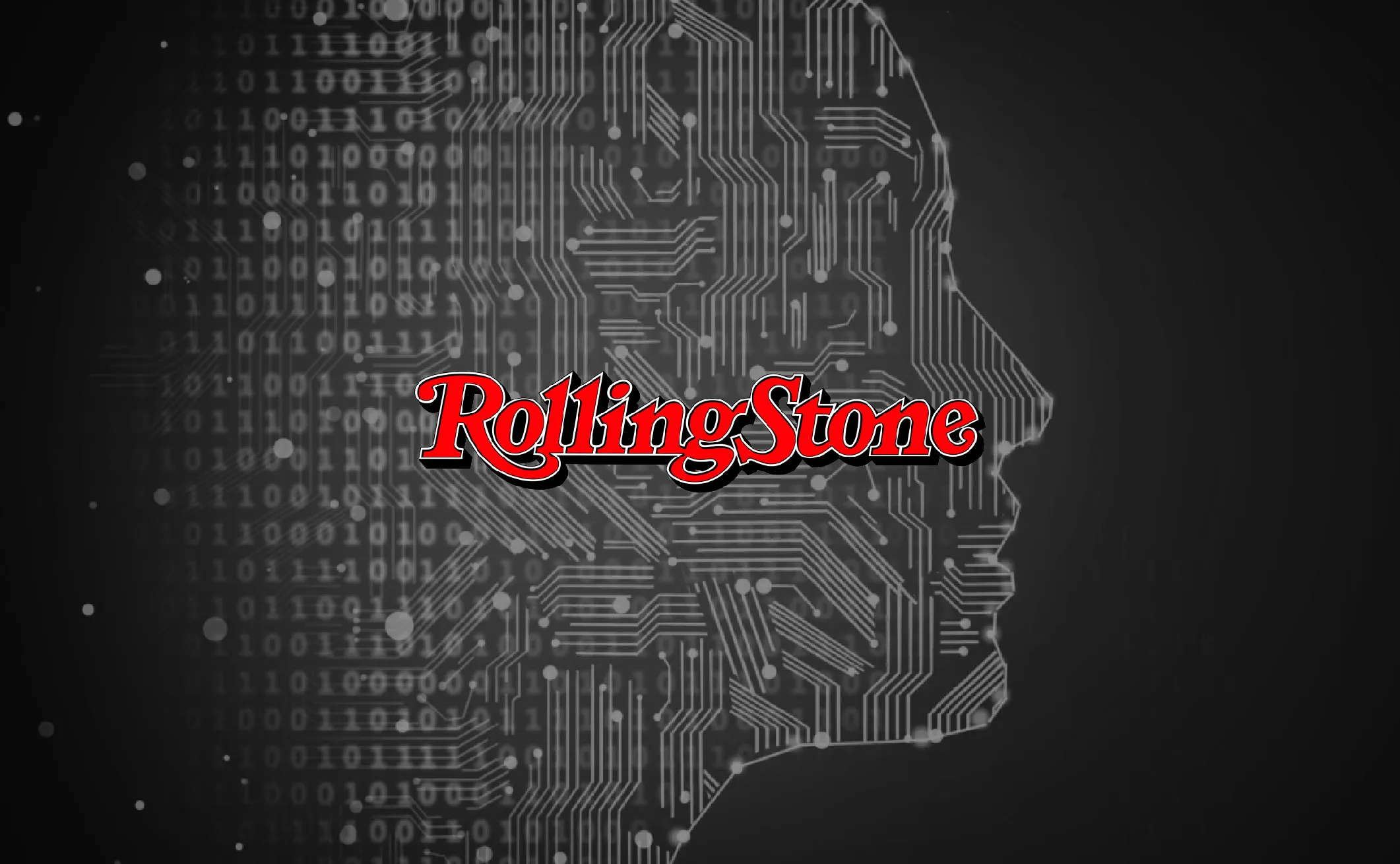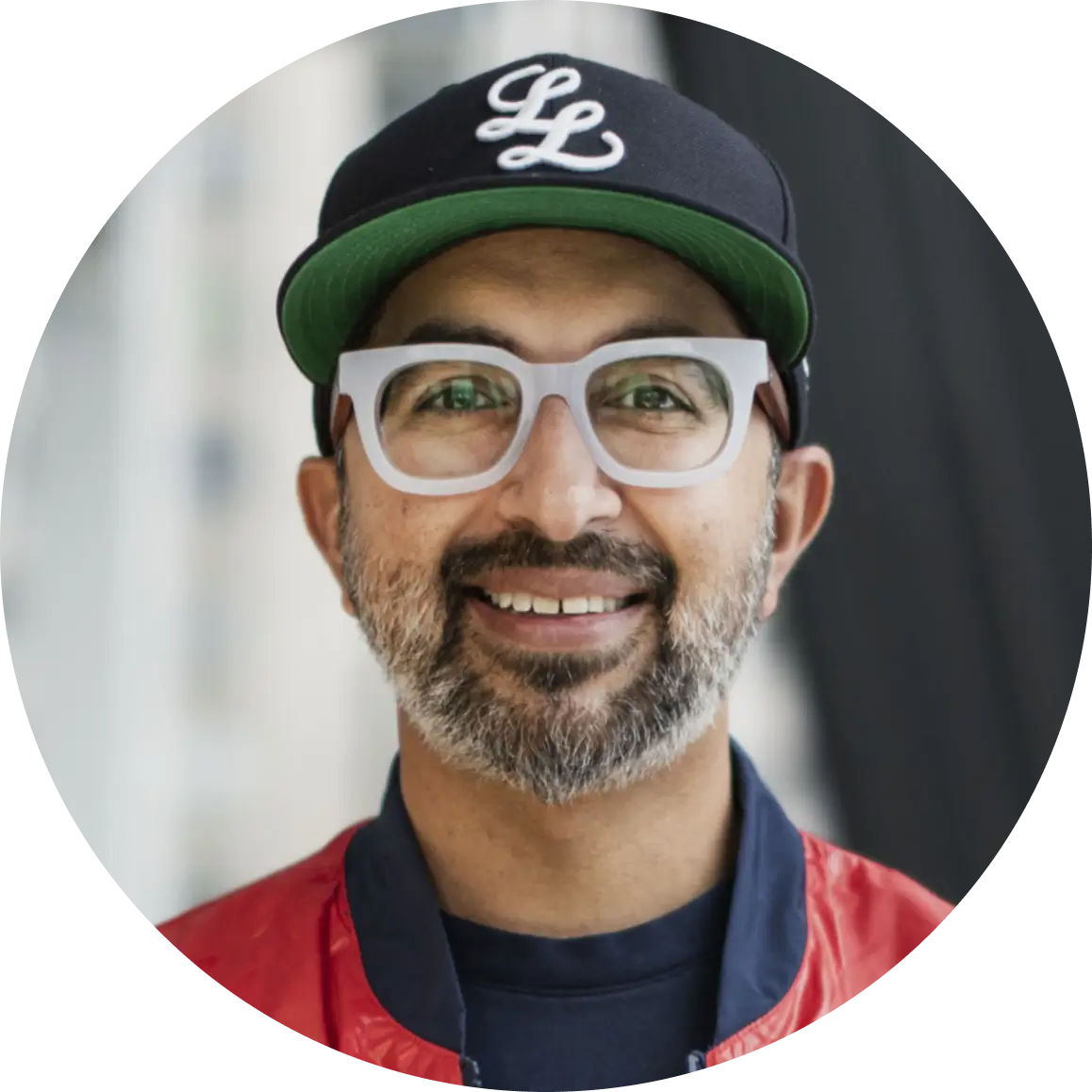The post originally appeared in Rolling Stone.
Have you noticed a recent surge of hyperrealistic renaissance portraits while scrolling through Instagram? Maybe you’ve been seeing anime, pop art or even fairy-esque renders of the people you know. If the answer is yes, you can thank AI.
What used to take years of training and painstaking hours of work can now be done with only a few taps of a keyboard. Each brushstroke is visible, the shiny albumen coating discernable, the color palettes are historically accurate and the details so fine that they seem almost tangible to the touch. It is no wonder why creative AI has gained as much traction as it has.
Although the masses have flocked to the technology, it has also reignited the conversation about the role of AI in creativity. For instance, within a week of its “magic avatars” launch, Lensa AI became a viral sensation as a competitor in the world of AI apps. It has been so popular that news publications have written articles applauding, and also questioning, its usage.
My perspective on AI is primarily as a consumer, owner of a creative business and citizen — and imagining the implications this technology has. My intention is to get readers thinking about AI more critically, without trying to sway them one way or the other. We can’t just blindly assume AI is good or bad, but the more we’re aware of the potential negative consequences, the more we can put in place measures to manage them and the downside risk associated with them.
AI relies on a generative model where it uses algorithms to collect, collate and produce deliverables at breakneck speeds. Keywords typed into an AI engine cipher through billions of lines of information to narrow down a style.
With enough tinkering and knowledge of keywords, users could leverage AI to surpass known art genres — think turning your best friend into a fairy riding a horse painted in the style of Andy Warhol. Even if there are no actual works by Warhol involving a fairy riding a horse for the AI to replicate, users can input different information for the AI to cross reference to achieve a believable final product.
Although groundbreaking in its capabilities, it does bring into question the future of creativity.
We could argue that adopting AI could displace employment opportunities for creatives, but it could also simply mean that we must find new ways to adapt and evolve in these spaces. AI has the potential to give agency to people who do not possess the hard skills or capital to realize their dreams an opportunity to do so.
This means that the kid who spends hours daydreaming of being a Hollywood director can create a trailer to pitch to production houses, small business owners can easily draft up plans to show potential investors, and artists can focus on designing main characters while relying on AI to create tedious background components.
From a larger social perspective, the reliance on algorithms to produce and sell AI images could be harmful. Again, algorithms are an aggregation of collective data. If most people prescribe to Anglo standards of beauty and heteronormative ideologies, that is what we will see. This reliance would largely erase the voices of the disenfranchised, people of color and the disabled, leading to a homogenized social discourse. In the same vein, if there is a trend in performing dangerous stunts or even radical ideologies, there is the danger that more people will be exposed to it because the algorithms show that it is a popular topic.
This second argument is highly complex since AI is still in its infancy and it changes every day with every new line of digital information. It is perhaps impossible to predict what AI will look like in the near future because its capabilities are so far-reaching yet nebulous. That being said, censorship of less desirable aspects of the human experience can be detrimental to creativity.
Without access to information, we lose out on opportunities to have open dialogue and to find solutions and it could lead to a stagnation of ideas if AI only shows us the things we want to see. Although there are murky areas, history has taught us that technological innovations test how we as humans adapt and evolve.
There has always been uncertainty around new forms of expression. Plato famously declared that oral tradition supersedes written knowledge as the latter reinforces forgetfulness and disrupts our ability to recall information from within. Suffice it to say, whilst storytelling is very much still a living medium (especially with podcasts and audiobooks), written text is the predominant mode of correspondence. After all, how would we know what Plato said if somebody hadn’t written it down?
Writing did not make oral tradition obsolete, it merely changed the environment for how humans disseminate and digest information. Likewise, photography did not replace painting, digital artists did not replace traditional artists and AI will not replace human creativity. Unlike AI, people have the capacity to edit and add humanity to their work.
Despite all of AI’s tremendous potential, it can never replace human creativity because AI is a direct reflection of us. AI cannot replicate each of our individual lived experiences that help to formulate so much of our creative inspirations. AI can work alongside human creativity, but it can never replace it.
AI will likely continue to grow and play a role in how we consume and create information. Although it may never reach the point of replacing human creativity, it may very well be the biggest change to how we create since the widespread adoption of the personal computer.
So the next time you find an AI-generated image, stop to consider the following: Would historical creators protest that creativity is becoming extinct, or would they marvel at the leaps and bounds that human ingenuity has accomplished? Could our reliance on algorithms and AI lead to widespread censorship? Or is that AI portrait a larger representation of a digital renaissance where anyone can be an artist?



